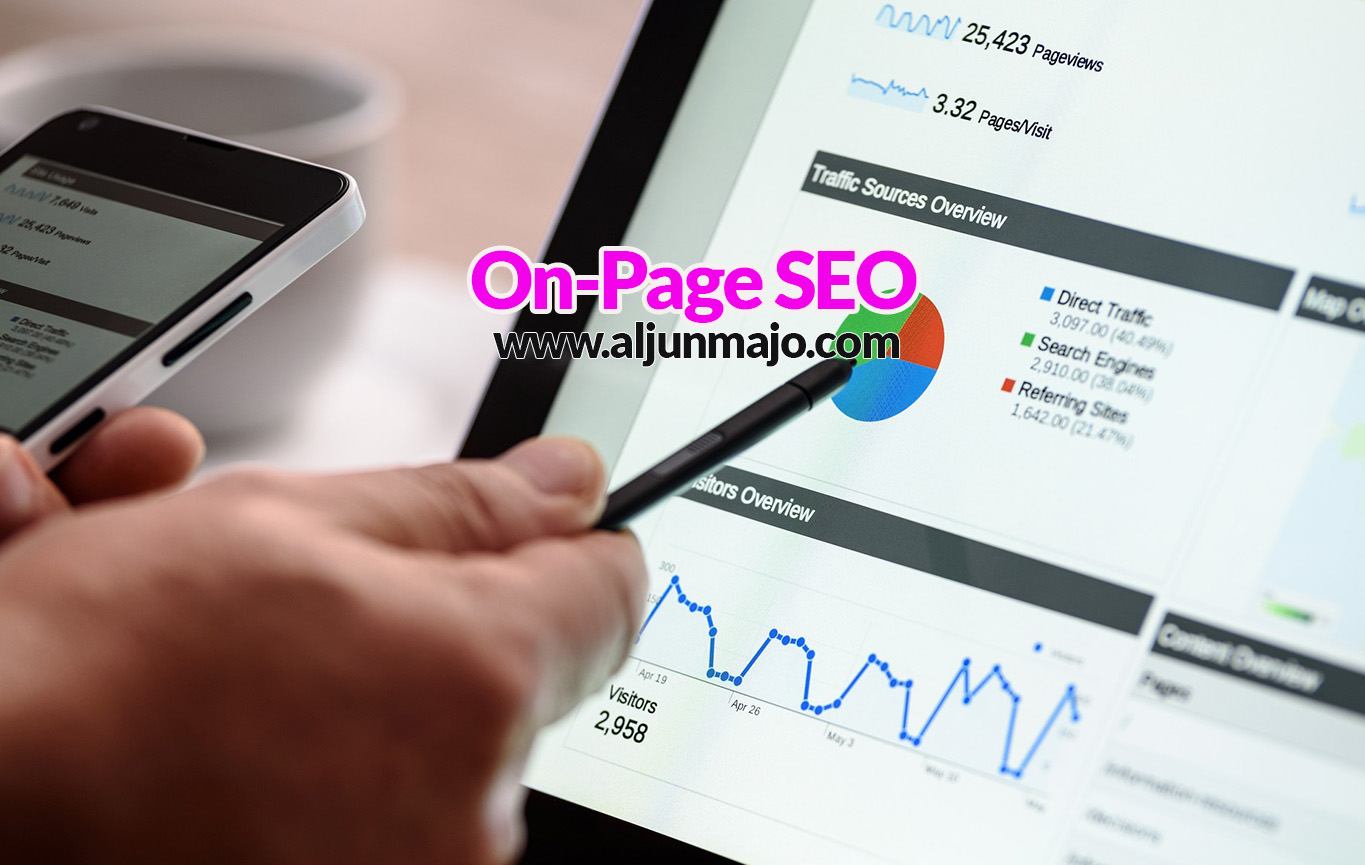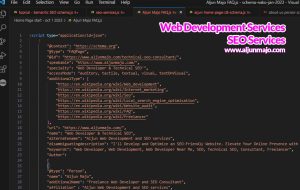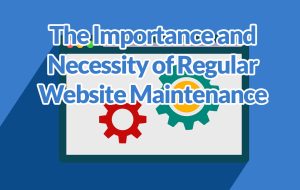On-Page SEO

In today’s digital world, it’s no secret that on-page SEO is crucial for any website looking to rank higher in search engine results. As a website owner or content creator, you’ve probably heard the term thrown around quite often. But what exactly is on-page SEO, and why is it so important? I’m here to break it down for you and help you understand how incorporating these strategies can significantly improve your site’s visibility and performance.
On-page SEO refers to all the elements within your website that can be optimized to increase your chances of ranking higher on search engines like Google. This includes your content, title tags, meta descriptions, and other factors contributing to a better user experience. It’s not just about stuffing keywords into your content anymore; search engines have evolved, and so should your approach to SEO. In this article, I’ll delve into the essential on-page SEO techniques you should implement to stay ahead of the competition and ensure your website ranks well.
Optimizing Your Content For Search Engines
Optimizing your content for search engines is crucial to rank higher in search results and attracting more organic traffic to your website. The first step is ensuring your content is well-written, engaging, and relevant to the target audience. The better the quality of your content, the more likely it is to be shared, linked to, and recognized by search engines as valuable information for users.
Another critical aspect of optimizing your content is keyword research. Identify the terms and phrases people use when searching for information about your topic. Incorporate these keywords naturally into your content without overdoing it or resorting to keyword stuffing. This will help signal search engines that your content is relevant and valuable to users searching with those terms. Optimize other on-page elements such as title tags, meta descriptions, header tags, and image alt tags with relevant keywords and descriptive text.
Crafting Effective Title Tags And Meta Descriptions
You’ve optimized your site’s technical elements, but the journey doesn’t stop there. It’s time to dive into crafting captivating title tags and meta descriptions that entice users to click on your content. A well-crafted title tag and meta description can make all the difference in attracting organic traffic and improving click-through rates (CTR).
Start by ensuring your title tags are concise, relevant, and keyword-rich while still appealing to users. Avoid keyword stuffing, which may turn off potential visitors and result in penalties for search engines. Instead, create a title that accurately reflects your content and resonates with your target audience. Similarly, for meta descriptions, you’ll want to provide a brief yet enticing summary of what users can expect from your content. This is an opportunity to showcase the value of your page and encourage clicks – so make every character count! Remember to keep it within the recommended 155-character limit for optimal display in search results.
Enhancing Website Speed And Performance
Having established the importance of well-crafted title tags and meta descriptions in boosting your website’s search engine visibility, it’s crucial to acknowledge that these elements are just part of the bigger picture. Another vital component that significantly impacts your website’s ranking and user experience is its speed and performance.
Website speed refers to how quickly a site can load its content for users. At the same time, performance encompasses various aspects such as smooth navigation, easy-to-use features, and optimized media files. Enhancing these areas improves your site’s overall usability and increases search rankings as search engines like Google prioritize fast-loading websites. To stay ahead of the competition and provide an optimal user experience, investing in website speed and performance optimization should be a top priority for any online business owner.
Ensuring Mobile-Friendliness
Now that I’ve got your attention, let’s dive into the significance of mobile-friendliness in today’s tech-savvy world. With a whopping 50% of global web traffic coming from mobile devices, having a website that caters to these users is no longer optional – it’s an absolute must if you want to stay competitive and keep your audience engaged. Ignoring this can lead to frustrated visitors, higher bounce rates, and lost customers.
Ensuring your website is mobile-friendly doesn’t just mean it looks nice on smaller screens – it also means providing seamless navigation, quick load times, and easy-to-read content. To achieve this, make sure your site is built using responsive design principles so that it automatically adjusts to fit different screen sizes. Additionally, consider optimizing images and minimizing scripts for faster page loads. By prioritizing mobile-friendliness in your on-page SEO strategy, you’ll be well on your way to reaching more potential customers and achieving online success.
Implementing Proper Header Tags And Structured Data
Implementing proper header tags and structured data is essential for effective on-page SEO. Header tags, such as H1, H2, and H3, help search engines understand the structure of your content and its hierarchy. By using these tags judiciously, you can emphasize the most critical parts of your content and make it easier for users and search engines to navigate your website. Structured data, on the other hand, provides additional information about your content, making it more accessible to search engines. This includes schema markup and rich snippets that provide context and improve the search experience.
Taking advantage of header tags and structured data is crucial to enhance your website’s visibility in search engine results pages (SERPs). Proper use of header tags will improve user experience and signal to search engines which aspects of your content are most relevant. Similarly, implementing structured data ensures that search engines can accurately interpret your content and display relevant information to users in a visually appealing format. By focusing on these critical aspects of on-page SEO, you’ll be well on your way to improving your website’s ranking and driving more organic traffic.
Frequently Asked Questions
How Do I Identify The Most Relevant Keywords For My Website’s Niche?
To identify the most relevant keywords for your website’s niche, start by brainstorming a list of potential phrases or words related to your content and audience. Next, utilize keyword research tools such as Google Ads Keyword Planner, SEMrush, or Ahrefs to explore search volume and competition data for your initial list. Refine your selections by focusing on keywords with high search volume and low competition while considering user intent and long-tail variations. Finally, analyze competitor websites within your niche to understand which keywords they’re targeting and identify opportunities where you can outperform them with quality content and effective optimization strategies.
How Can I Ensure That My Website’s Internal Linking Structure Is Optimized For Search Engines?
To ensure that your website’s internal linking structure is optimized for search engines, it’s essential to create a logical hierarchy by organizing content into categories and subcategories, using keyword-rich anchor texts for links, and regularly reviewing and updating your internal links. This helps search engines crawl and index your site more efficiently and improves user experience by making it easier for visitors to navigate through your content. Additionally, incorporating deep links that connect to less prominent pages can boost their visibility and relevance in search results while avoiding excessive or irrelevant links and maintaining the overall quality of your website.
How Does Social Media Integration Impact My Website’s On-Page SEO?
Social media integration plays a significant role in enhancing your website’s online presence and overall user experience. Incorporating social sharing buttons, embedding social media feeds, and encouraging user-generated content can increase engagement and drive more traffic to your site. This increased exposure helps build brand awareness and positively impacts your website’s on-page SEO by generating more inbound links, improving dwell time, and ultimately signaling to search engines that your content is valuable, relevant, and shareable.
What Are Some Tips For Creating Search Engine-Friendly URLs For My Web Pages?
When creating search engine-friendly URLs for your web pages, keeping them short, descriptive, and relevant to the content is essential. Use hyphens to separate words, avoid using special characters or unnecessary numbers, and include target keywords in the URL. Use lowercase letters and ensure each URL is unique to avoid duplicate content issues. Following these tips will make it easier for users and search engines to understand and navigate your website effectively.
How Can I Track And Measure The Effectiveness Of My On-Page SEO Efforts?
To track and measure the effectiveness of your on-page SEO efforts, you can utilize various analytics tools such as Google Analytics or other third-party platforms. These tools help you monitor critical metrics like organic traffic, bounce rate, pages per session, and average session duration. Additionally, monitor your search engine rankings for target keywords using rank-tracking tools to understand how well your optimization efforts are paying off. Regularly reviewing and analyzing these data points will enable you to identify areas of improvement and adjust your on-page SEO strategies accordingly for better results.
Conclusion
In summary, on-page SEO is an indispensable element for the success of your website. By concentrating on pertinent keywords, enhancing internal linking structures, and incorporating social media, you set the foundation for significantly improving your site’s search engine performance.
Don’t overlook the importance of crafting search engine-friendly URLs and consistently monitoring the efficacy of your on-page SEO strategies. With dedication and persistence, you’ll witness remarkable results in no time.
If you’re searching for a Freelance Full Stack Web Developer with expertise in Technical SEO, feel free to contact me. As a professional with a keen understanding of the intricacies of search engine optimization, I can provide you with the necessary tools and strategies to help your website outrank the competition and engage your target audience more effectively.


